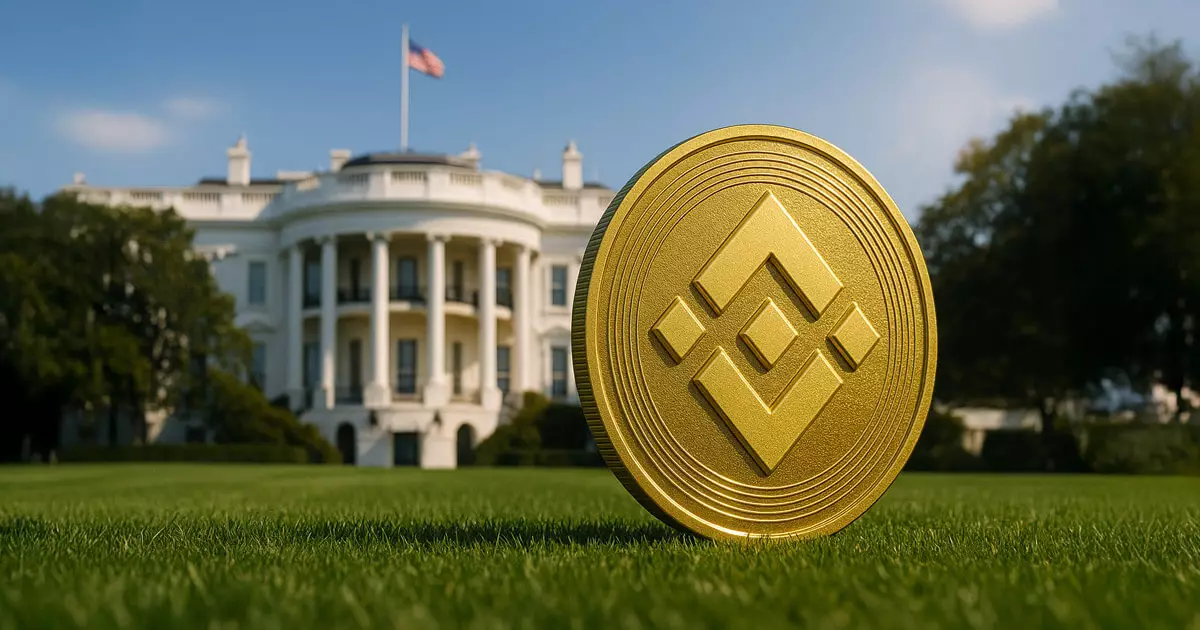Recent developments have pulled the veil back on the complex entanglements between former President Donald Trump and the controversial cryptocurrency exchange, Binance. Democratic senators, led by the likes of Elizabeth Warren and Chris Van Hollen, have voiced their concerns regarding the implications of Trump’s crypto affiliations. Their insistence on an investigation by the US Treasury and Justice Department raises necessary alarms about transparency and compliance in financial dealings. The stakes could not be higher, given that these transactions potentially intertwine the highest levels of government with a company notorious for its problematic legal history.
Contentious Financial Transactions
The request for scrutiny particularly points to a $2 billion investment made by Abu Dhabi-based MGX in Binance, which intriguingly utilized World Liberty Financial’s stablecoin, USD1. This transaction is not just a financial maneuver; it’s indicative of the intricate ways financial currents can both conceal and reveal political motivations. The senators’ letters highlight that the Trump administration’s potential backing of Binance, a company with glaring infraction history, poses not only legal but moral dilemmas. We must ask ourselves: should the government foster associations with entities known for shady compliance practices?
The Impending Exit from US Markets
With Binance’s anticipated exit from the American market, there are rising questions regarding its future strategies, including listings of new stablecoins. This move might suggest an exit strategy intended to sidestep rigorous US regulatory oversight. But even more disconcerting is the speculation surrounding discussions about a possible presidential pardon for Binance’s former CEO, Changpeng Zhao. The notion that a former president’s administration could have entertained such discussions draws the proverbial line in the sand regarding accountability. Is America to become a haven for corporate lawbreakers?
Legal Accountability Versus Political Favor
The crux of the senators’ letter underscores the tension between legal accountability and political favor. Despite Zhao’s previous admissions of violating US money laundering and sanctions laws, Binance is still flirting with opportunities within the US. The fact that this administration seems willing to overlook prior transgressions in favor of potential partnerships raises critical ethical questions. Can we truly accept a political landscape where financial entities with criminal records are given pathways to prosper simply because they represent a lucrative investment opportunity?
A Call for Transparency
The senators’ demand for an update by May 21 comes across as a much-needed affirmation of the necessary scrutiny these relationships require. The future of cryptocurrencies is deeply intertwined with governance, and it is crucial that regulatory bodies don’t allow themselves to be blinded by the allure of potential profits. Transparency should not merely be an option but an obligatory standard in navigating the intersection of politics and finance. Without steadfast regulations, we risk becoming complicit in the very transactions that threaten the integrity of our financial and political systems. This situation demands that we take a hard look at our values and the consequences of our political alignments.

